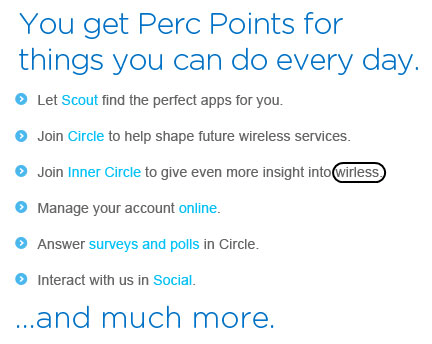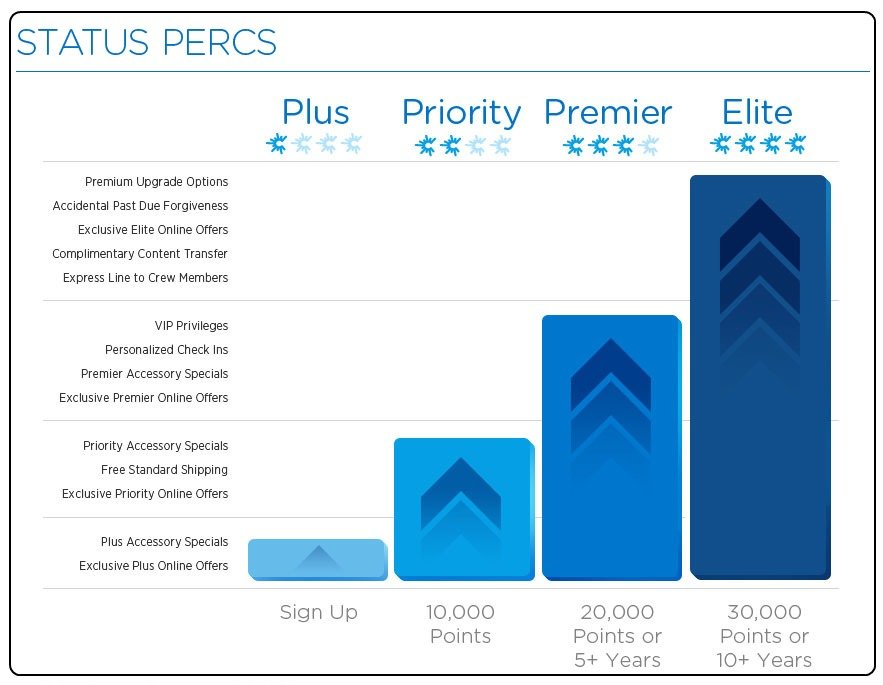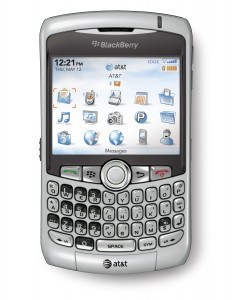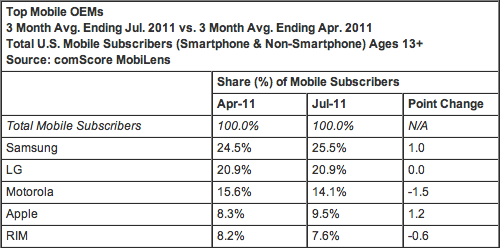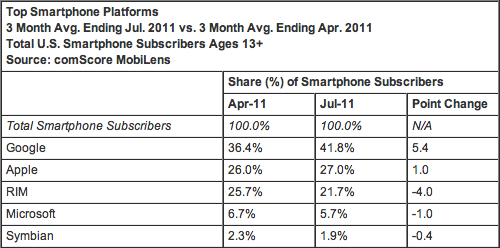 Cellular South, a regional wireless provider serving Mississippi, western Tennessee, and parts of Florida and Alabama, relaunched operations this morning as C Spire Wireless.
Cellular South, a regional wireless provider serving Mississippi, western Tennessee, and parts of Florida and Alabama, relaunched operations this morning as C Spire Wireless.
Company officials claim C Spire will be the first carrier to offer “personalized wireless services” that will adapt to customers based on how they use their phones and other devices.
“We have entered a new era in wireless – an era centered on broadband networks, mobile computing devices and now personalized services. Completing calls is only a small part of what we deliver our customers,” said Hu Meena, president and CEO of C Spire. “Since 1988, our main focus has been on providing exceptional service for our customers and their wireless needs. Those needs have changed dramatically and will do so at an even more rapid pace in the future.”
 Among the changes underway across the mobile industry is an effort to end unlimited wireless data plans for smartphone customers, but that won’t be the case at C Spire, which is retaining unlimited smartphone data usage for many of its service plans, sort of.
Among the changes underway across the mobile industry is an effort to end unlimited wireless data plans for smartphone customers, but that won’t be the case at C Spire, which is retaining unlimited smartphone data usage for many of its service plans, sort of.
“C Spire understands that when customers have to measure and limit their data, they aren’t getting the optimal experience with their wireless provider. That’s why the company is introducing Individual and Family Choice Plans that offer customers the ultimate in choice and flexibility, and access to infinite data,” the company said in a statement.
But there is a major catch — that “infinite” data usage does not include streaming multimedia content. That comes extra: priced free through October 29. Then 2 hours for $5, 5 hours for $10, or unlimited usage for $30.
C Spire does away with counting megabytes or gigabytes and asks customers to guess how many hours they expect to use streaming media applications on their phones. That means customers will pay $50 a month for C Spire’s Choice D 500 plan, which includes unlimited web browsing and e-mail, plus 500 talk minutes per month. But if you want to listen to unlimited online radio or stream video, that price increases to $80 a month. But that $80 does buy an unlimited experience at that point.
C Spire’s pricing reflects the failure of strong Net Neutrality protection, allowing carriers to charge extra for different types of content on its network.
Wireless mobile broadband customers still face a cap on C Spire’s data-only plans: 1GB for $19.99, 3GB for $29.99 or 5GB for $49.99.
Users must spend at least 50 percent of their usage during the month within a C Spire service area. Excessive roaming can get your service suspended. As a regional carrier, that means “home usage” is limited to a handful of southern states.
But company officials are spending little time discussing their pricing and plans, instead focusing on how C Spire will “personalize” the wireless experience.
No other wireless provider understands its customers and adapts to their wireless needs like C Spire. Customers will see this unique personalization in apps and content that fit who they are, services that anticipate their needs, and rewards they’ll get just for using their phone in new ways. C Spire’s industry-leading personalization capabilities are powered by Pulse, a proprietary system that enables the company to understand and develop a closer relationship with its customers. In turn, C Spire recommends and provides the right selection of technology experiences tailored for each customer – giving them unmatched wireless personalization.
C Spire offers what they are calling “percs” — points that customers can collect based on interacting with the company’s website and social media platforms, the number of years they remain loyal to C Spire, and opting into company research programs including their Scout Program, which track apps usage.
The rewards on offer at the moment are not impressive — waiving late bill payment fees, priority access to customer service, feature upgrades, and discounts on accessories and shipping.
The company’s website has been unresponsive at times this morning and customers on C Spire’s Facebook page are complaining they are confused about pricing and plan changes, particularly those related to streaming data usage.
[flv width=”480″ height=”290″]http://www.phillipdampier.com/video/C Spire Ads 9-26-11.flv[/flv]
Magic Sparklies: The wireless company’s new advertising campaign introduces Cellular South’s new brand: C Spire Wireless (1 minute)


 Subscribe
Subscribe